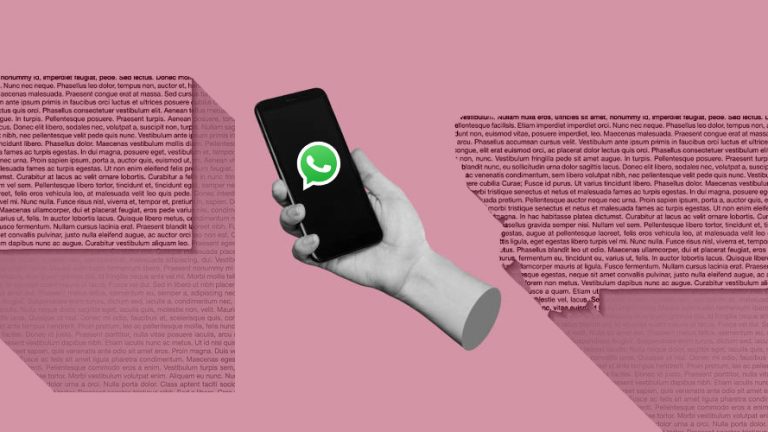Female volunteers known as ASHAs are helping many women from medical misinformation
Terdale has heard much medical misinformation in her 13 years of assisting hundreds of women through childbirth in the Ganeshwadi village in Maharashtra, India’s second-most populous state, but never this specific one. Terdale is an ASHA (accredited social health activist), one of one million community female volunteers that are exclusively female.
For every 1,000 residents in a village in India, one ASHA is selected; they are in charge of more than 70 healthcare duties for women and provide public health care to those who live in rural areas and underprivileged communities.
Hirabai Even though Koli’s health results were normal, she wasn’t pleased. She had been keeping track of her weight during the first two months of her pregnancy, so she was astonished when Suraiyya Terdale, a community health worker, inquired as to why she hadn’t gained more weight. Koli is going by a pseudonym in order to safeguard her safety and confidential medical information.
I have never heard such a strange inquiry before, adds Terdale. Koli recalled adding, “Someone told me that if the pregnant mother’s weight isn’t increasing fast, then it’s a girl child,” at that point.
Countering misleading information has grown to be a significant, if unofficial, aspect of each ASHA’s role. In the nation, there is a great deal of medical misinformation, particularly in isolated communities like the few thousand person Ganeshwadi.
Terdale knew that challenging Koli’s viewpoints in isolation could be counterproductive. People won’t listen to you if you correct them, she claims. Koli was not persuaded when Terdale claimed that her perception was not based on science. Since prenatal sex-determination tests were outlawed in India in 1994 due to a large number of abortions of female babies, Koli instead asked whether she knew of any doctor who could determine if the foetus was a male.
Terdale then started the challenging task of finding out why Koli had that belief. After numerous rounds of conversations aimed at establishing trust, Terdale discovered that Koli had been the victim of both domestic abuse and sexual assault because her first kid had been a girl. Koli informed her, “My in-laws make fun of me every day for having a girl.” If there is another girl child, I won’t be able to survive because this experience has been so painful.
Terdale is one of many ASHAs in the nation that use WhatsApp to negotiate delicate medical circumstances and combat medical misinformation, particularly when it comes to pregnancy. The strategy has shown remarkably positive outcomes despite the fact that ASHAs weren’t educated to do this, are paid very little, and are dependent on India’s subpar healthcare system. India had one of the highest maternal mortality rates in the world in 2006, with 254 deaths per 100,000 live births.
ASHAs had contributed to a more than 60% reduction in maternal mortality by 2020, to 96 per 100,000 live births. This is particularly important because India only has 763 operational district hospitals with somewhat less than 27,000 doctors, but has an estimated 833 million rural residents.
Netradipa Patil, an ASHA from the Shirol district of Maharashtra in western India, had to deal with pregnancy-related myths and superstitions the moment she was sworn in as one in 2009.
The National Rural Health Mission was established by the Indian government to enhance maternal and newborn health. ASHA employees were hired through this initiative in 18 states; by 2009, the programme had been extended to all 28 states. ASHAs are compensated for performing tasks through “performance-based incentives,” but they are technically volunteers and do not get a set pay.
She once distributed an infographic detailing basic prenatal care guidelines. It had a fantastic response. Many pregnant women wrote to me to thank me for the health care chart, and some even sent me screenshots. Patil has taught hundreds of ASHAs from several states over the past five years to use WhatsApp to disprove untrue information.






Add comment